(NB&CL) 2025 marks the 75th anniversary of the International Day of Multilateralism and Diplomacy for Peace . This will also be the year when multilateralism, the fundamental basis of international peace, is expected to flourish. Only by working together can countries counter deepening divisions and crises.
2024 with many conflicts and "hot spots"
The year 2024 will see the world deeply divided with many conflicts and “hot spots” in different regions. The Russia-Ukraine military conflict enters its third year with many complex and unpredictable developments.
The Russia-Ukraine conflict is not only a matter between the two sides, but is also affected and influenced by external factors. The US and the West do not directly participate in the war, but they increase assistance to Ukraine with modern weapons and equipment, and impose strict economic sanctions on Russia. Russia's continued "bog down" in the war will be an opportunity for the West to take advantage of rebuilding the European security situation and creating economic mechanisms without Russia's participation in a direction that is beneficial to the US and the West; at the same time, it will weaken Russia's overall national strength in the international arena. It is because of this factor that the "door" to resolving the Russia-Ukraine conflict in recent times has narrowed.
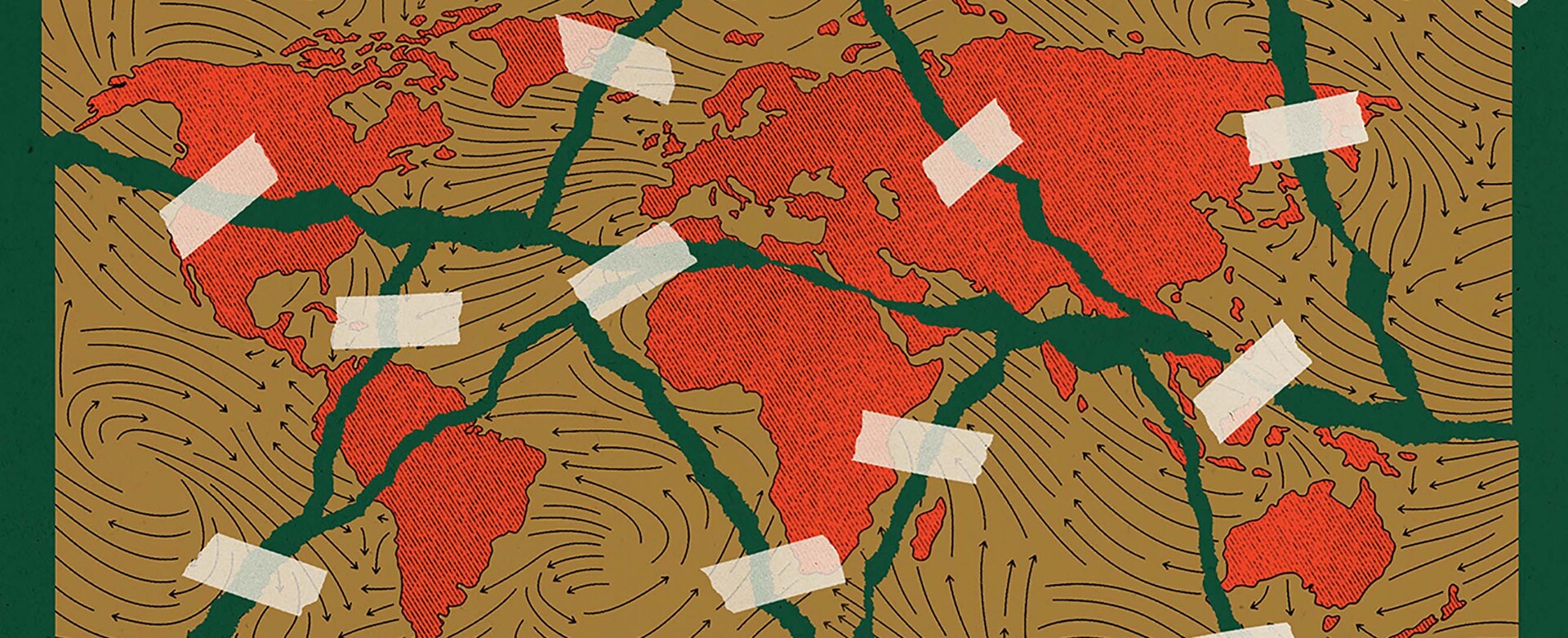
The world needs to heal after so much division in recent years, especially in 2024. Illustration: Iain Masterton
The “hot spots” in the Indo-Pacific are simmering and could flare up at any time; this region has become a site of strategic competition between major powers. The nuclear issue on the Korean Peninsula is heating up as North Korea continues to conduct weapons and missile tests to deal with what it considers to be security threats from military exercises by the US, South Korea and Japan. Meanwhile, disputes in the East Sea and the Taiwan Strait continue to be serious security challenges to peace and stability in the region.
Political analysts believe that while the conflict in Ukraine pushes the US, NATO and Russia relations to the "red line" of a comprehensive confrontation, in the Indo-Pacific, the US and its allies will step up military measures to deter and contain China. In 2024, multilateral cooperation mechanisms led by the US, such as the Quad, the Trilateral Security Partnership Treaty (AUKUS) (including the US, UK and Australia), the US-Japan-Korea trilateral cooperation... will continue to develop, creating a solid foundation for the presence of the US and its allies in the region. Meanwhile, China focuses on investing in military modernization, attaching importance to expanding bilateral and multilateral security and defense cooperation with countries, including Russia. Invisibly, this makes the trend of strategic competition between major countries become fierce and forms opposing axes of force in the region.
In 2024, the war situation in the Middle East is complicated. Since the Hamas attack in October 2023, the Israel Defense Forces (IDF) has carried out strong military measures against the "resistance axis" led by Iran in the region. A series of attacks, airstrikes, explosions of radio equipment, and pagers were carried out by the IDF against the Hamas movement in Gaza and Hezbollah in Lebanon. In the context of the world, especially the major countries, continuing to be divided, a solution to promote the peace process in the Middle East is very difficult.
Hope for peace in 2025
However, entering 2025, the international community expects a peaceful, stable, and developed world, with special emphasis on the role of major countries.
First of all, 2025 will mark the 75th anniversary of the International Day of Multilateralism and Diplomacy for Peace (April 24). This will also be the year when multilateralism, the foundation of international peace, is expected to develop. The international community hopes for strategic changes by major countries, together recognizing the serious issues facing regional and world security that are taking place today, so that they can sit at the negotiating table and promote solutions to build peace. Obviously, only by working together can countries combat the deepening division and crisis.
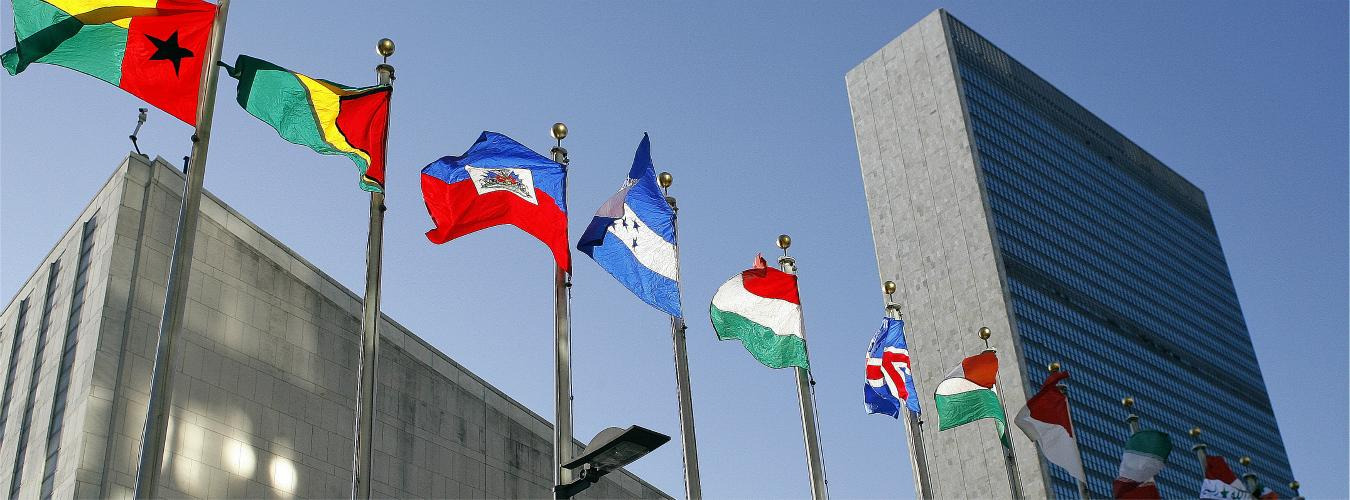
The United Nations will still play an important role in bringing peace to the world. Photo: UN
Multilateralism is part of the United Nations Charter. It is one of the pillars of the international system in which we live today. In his 2018 report on the work of the United Nations to the General Assembly, UN Secretary-General António Guterres reiterated that the Charter remains “a moral compass for promoting peace, promoting human dignity and prosperity, and protecting human rights and the rule of law.”
Second, Donald Trump's coming to power in the US, in addition to the risks that may occur to the rest of the world, especially what happened in his first term, there are also certain expectations for a more stable second term. The door to US-Russia negotiations will likely be resumed, opening up an opportunity to soon end the conflict in Ukraine, although there will still be many difficulties and challenges. From a personal perspective, Mr. Trump does not consider Russia an opponent. Moreover, according to Mr. Trump, increasing pressure on Russia will cause Russia and China to get closer together, and this is something that the US absolutely does not want.
Therefore, it is not impossible that Mr. Trump’s policy will cause certain obstacles in the Russia-China relationship, creating a tripod of “both cooperation and precaution” between the three powers. More or less, this tripod will limit the current deep polarization, which is a factor ensuring the stability of the world with moderate competition between the three powers.
Third , the voices of the countries of the Southern Hemisphere are increasingly louder. The trend of expanding regional and international organizations is increasingly clear, typically the two groups of the world's leading developed and emerging economies, BRICS and G20, welcoming new members in 2024. This not only adds momentum to multilateral cooperation mechanisms, but also affirms the voice and enhances the role of developing countries in global issues, promoting a more multipolar and equitable world order.
In the Indo-Pacific region, major countries always consider ASEAN, as a regional organization, to have an important role in preventing the possibility of conflict and promoting the process of resolving maritime and island disputes by peaceful means and on the basis of international law. With the foundation that has been achieved, ASEAN member countries are expected to continue to promote solidarity and close cohesion to create common collective standards and values, build security institutions, and form a new regional security structure with ASEAN as the center.
Ha Anh
Source: https://www.congluan.vn/nhung-ky-vong-han-gan-mot-the-gioi-nhieu-chia-re-post331230.html





![[Photo] Closing of the 13th Conference of the 13th Party Central Committee](https://vphoto.vietnam.vn/thumb/1200x675/vietnam/resource/IMAGE/2025/10/08/1759893763535_ndo_br_a3-bnd-2504-jpg.webp)

![[Photo] Prime Minister Pham Minh Chinh inspects and directs the work of overcoming the consequences of floods after the storm in Thai Nguyen](https://vphoto.vietnam.vn/thumb/1200x675/vietnam/resource/IMAGE/2025/10/08/1759930075451_dsc-9441-jpg.webp)


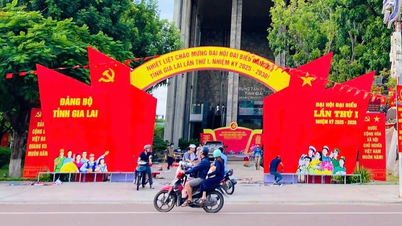



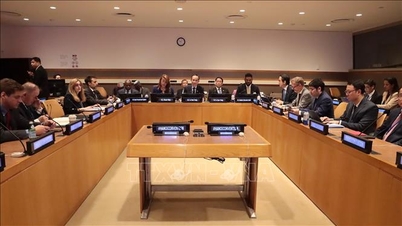



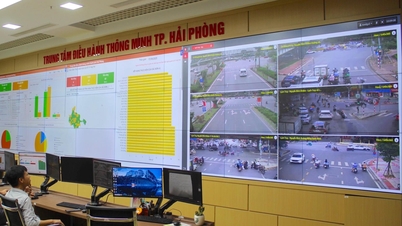

















































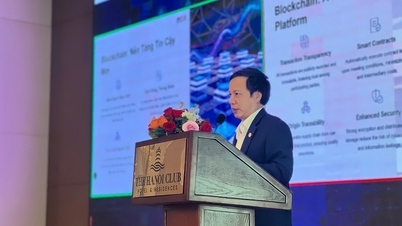















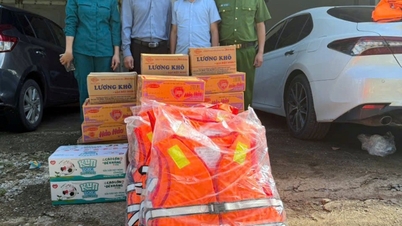

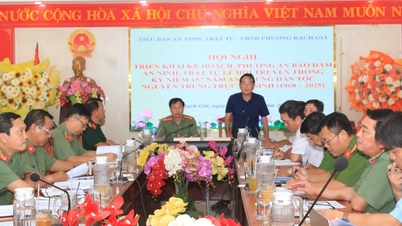


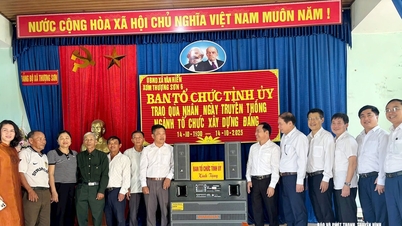

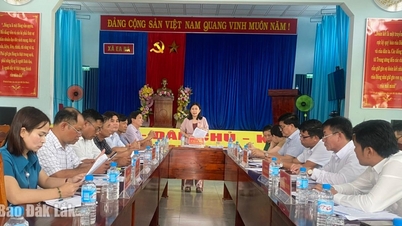
















Comment (0)